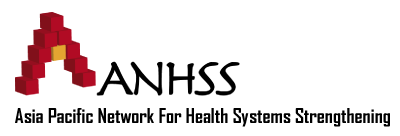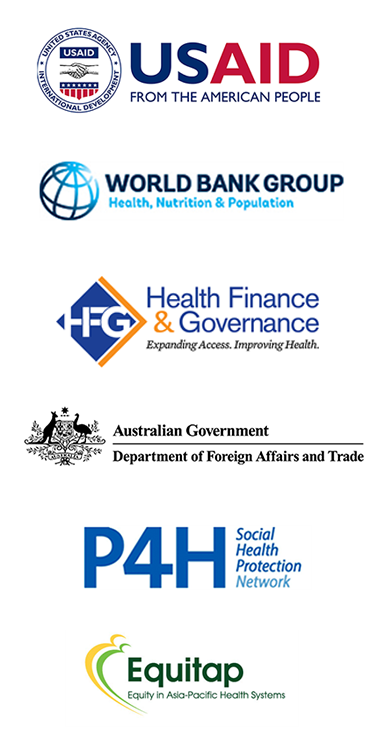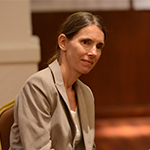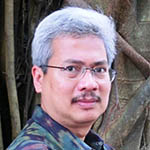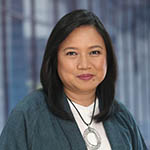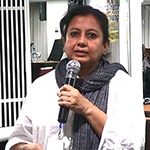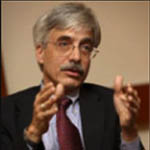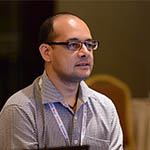Our Story
Asia Pacific Network for Health Systems Strengthening (ANHSS) was launched in 2009 to satisfy the growing need for a platform for knowledge improvement and exchange in health systems strengthening in the Asia region. The health system reforms carried out by the countries in the region often demand reference to evidence-based successful policies and programmatic innovation. In parallel, the country institutions command an increasing role in the region for capacity building and knowledge dissemination. As a result, ANHSS was initially established as a consortium style regional network to support knowledge transfer and capacity building.
In August 2016 ANHSS underwent incorporation with the support of USAID to expand and better serve the Health Systems Strengthening needs of the Asian Pacific region. The goal of ANHSS is to assist the governments in the region to share experiences and lessons and offer in-depth knowledge and practical skills training in the various areas of health systems strengthening. It currently includes twelve member institutions.
The objectives of the Network are to:
- Empower health policy makers with cutting-edge knowledge on health systems strengthening and help them close the gap between technical knowledge, policy design and implementation.
- Form a platform where health system reform lessons can be disseminated and shared among Asian countries.
- Build the capacity of national institutions to become centers of excellence (CoE) in knowledge dissemination, and providing policy assistance to their government and the region.
How it all began – History of ANHSS
Information and evidence often exist but is not necessarily collected, organized and disseminated in a useful and timely fashion. Training for capacity building, catering to common needs of the countries in the region, and designing tailored solutions to unique, country specific situations has to be provided in a strategic way. Institutions in Asia expressed a common desire for a consortium type network that can assist the governments to share experiences and lessons, and offer in-depth knowledge and practical skills training in the various areas of health systems strengthening.
As a result, the World Bank Institute (WBI) supported the establishment of the Asia Network for Capacity Building in Health Systems Strengthening. The Network was launched during the world conference of the International Health Economics Association (iHEA) in Beijing, China, in July 2009. The partnership was initially established as a collaborative effort among nine national institutions and WBI.
